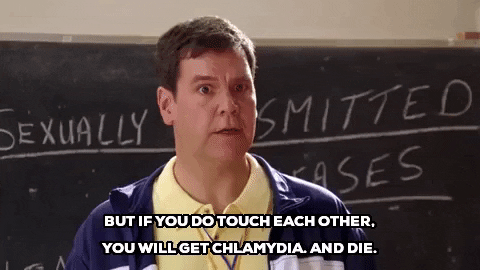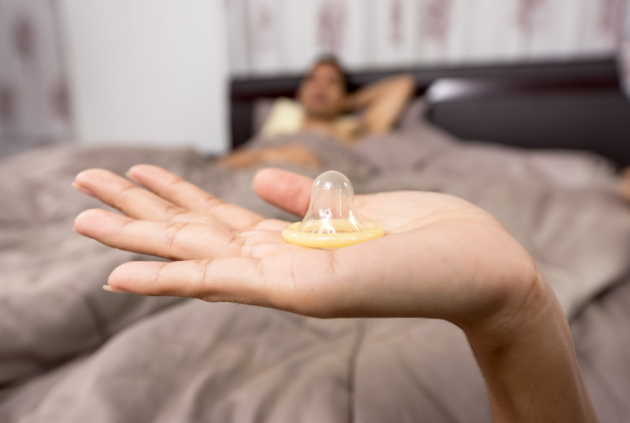
‘Phendo’: A genius new app screens for symptoms of endometriosis
According to the Endometriosis Foundation of America, at least 200 million women worldwide have endometriosis. That's one in every ten people with uteruses (including me).
The disorder is classified as an estrogen-dependent chronic inflammatory disease that affects women starting at reproductive age. Because it's a female pain disorder, the cause is entirely unknown.
Tissue similar to the uterine lining grows outside of the uterus, causing painful lesions and numerous highly disruptive symptoms. From pelvic pain, nausea, brain fog and fatigue to lower back pain and chronic abdominal pain; it literally won't leave you alone.
Even worse, it takes the average person nine years to get diagnosed with endometriosis. Even with diagnosis, there's no cure for the condition so you're fairly stuck for options.
Many women choose birth control pills or an IUD to try and reduce the symptoms, but even with excision and ablation surgery, the disorder will keep on regenerating.
Surgical removal of the lesions and hormonal contraception can help, but you're never free from it's grip. Some women have horrific symptoms but very few lesions, making it even harder to understand.
Noemie Elhadad, a professor of Biomedical Informatics at Columbia University, decided to study data sets on the disease, discovering a shocking dearth of information.
Speaking to HuffPost, she said;
"It’s frustrating because there’s really not a whole lot of solutions out there. Treatments are available, but we don’t know who yet who will respond in which way to what treatments. There’s still a whole lot of experimentation required and it’s really a burden on the patient.”
Elhadad’s own frustration with endometriosis coupled as well as her research on the intersection of technology and medicine spurred her to look further into the matter.
“There’s not tonne of documentation in medical claims about how many surgeries women experience for endometriosis and what type of surgery is done for them, for example. It felt like we were missing actual relevant data to study better the disease.”
That need for data led Elhadad to create Phendo, an app which allows sufferers to track their endometriosis symptoms, treatments and pain-management strategies.
“I want to change the mental model of the way the disease is diagnosed,” states Elhadad. Herself and other researchers asked patients directly to share their experiences to build a catalogue of symptoms.
Phendo has over 6,000 participants globally who engage and track their symptoms on the app, creating helpful data for scientists and medical researchers.
It's also a means to educate women so they can adequately advocate for themselves at the doctor's office, which can be an intimidating place.
“There’s a lot of evidence by now of gender biases in healthcare where women in general are not being heard when they talk about their symptoms,” said Elhadad.
The app “can show in a very nearly mathematical way, a graph of this is how your pain has been in the past few months, it feels like an accurate description and something that feels so objective about who they are and hopefully a way to get heard.”


























